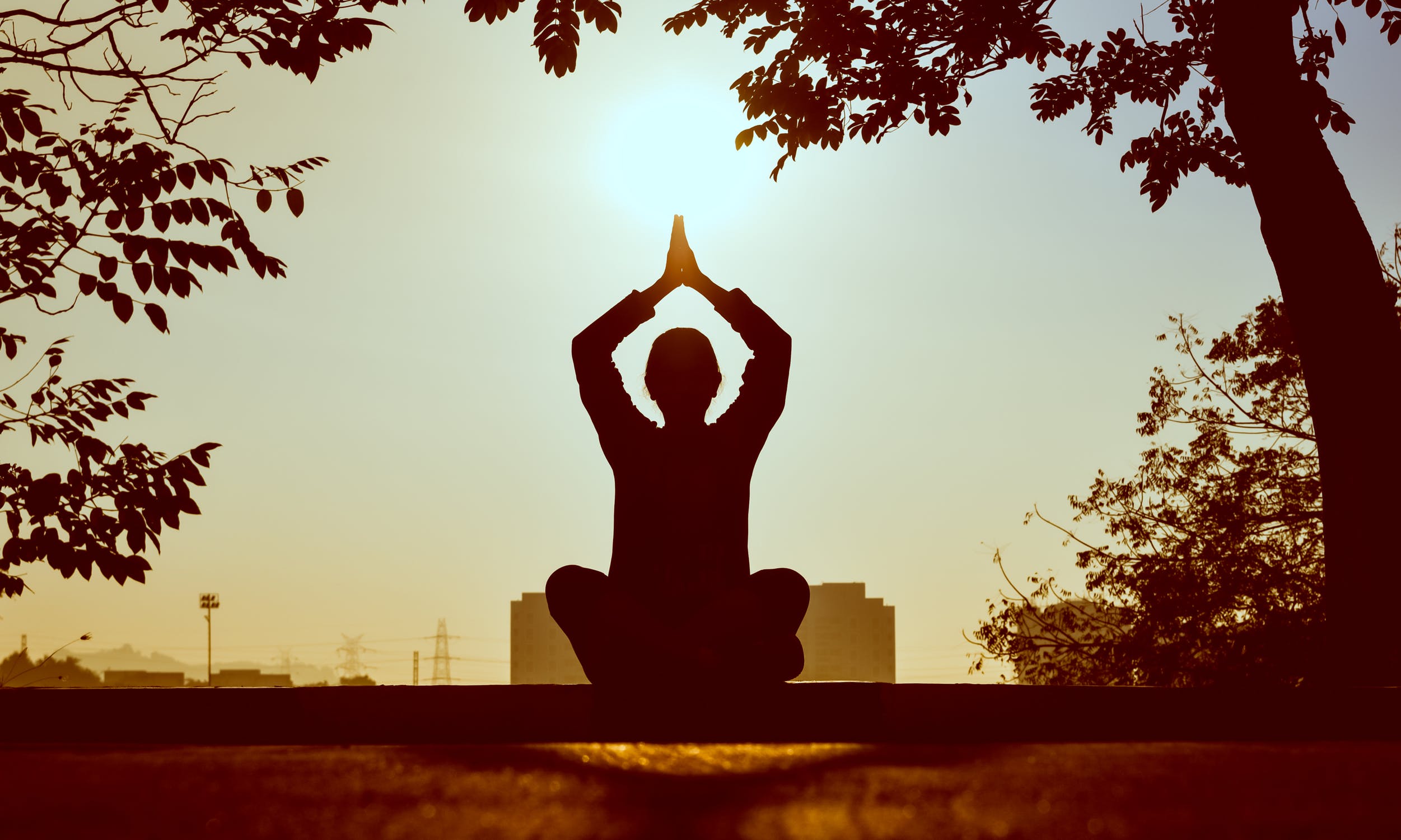Mindfulness is a simple but powerful practice that can transform your overall well-being. By cultivating awareness and being fully present in each moment, you can reduce stress, improve mental clarity, and enhance emotional health. Whether you’re dealing with anxiety, striving for a better work-life balance, or just wanting to be more in tune with your surroundings, mindfulness offers numerous benefits. In this article, we’ll explore how mindfulness works, its benefits, and ways you can incorporate it into your daily life.
1. Understanding Mindfulness
Mindfulness is the practice of paying attention to the present moment without judgment. It involves observing your thoughts, feelings, and sensations as they arise and accepting them without trying to change them. This simple practice has its roots in Buddhist meditation but has been widely adopted in modern psychology as a tool to reduce stress and improve mental well-being.
2. The Benefits of Mindfulness
Practicing mindfulness has been shown to offer a wide range of benefits, including stress reduction, improved concentration, better emotional regulation, and enhanced self-awareness. Mindfulness can also improve sleep quality, boost immune function, and help manage chronic pain. Studies have even linked it to better decision-making and healthier relationships.
3. How Mindfulness Reduces Stress
Mindfulness helps reduce stress by allowing individuals to break the cycle of worry and anxiety. By focusing on the present moment, we can detach from ruminating on the past or worrying about the future. It encourages relaxation and helps activate the parasympathetic nervous system, which is responsible for the body’s rest and recovery functions.
4. Ways to Practice Mindfulness
There are several ways to incorporate mindfulness into your daily life. One popular method is mindfulness meditation, where you sit quietly and focus on your breath, observing thoughts and sensations without judgment. Another way is to engage in mindful activities such as mindful eating, walking, or even washing dishes. The key is to stay fully present and focus on the task at hand.
5. Mindfulness in Daily Life
Mindfulness doesn’t have to be limited to meditation. It can be practiced throughout the day in simple moments—while eating, walking, or even during stressful situations at work. By practicing mindfulness in everyday activities, you can gradually build a habit that leads to long-term stress reduction and a more peaceful life.
Conclusion:
Mindfulness is a transformative practice that can enhance your mental, emotional, and physical well-being. By incorporating mindfulness techniques into your daily routine, you can experience reduced stress, improved focus, and better emotional health. The benefits are far-reaching and can lead to a calmer, more balanced life.

